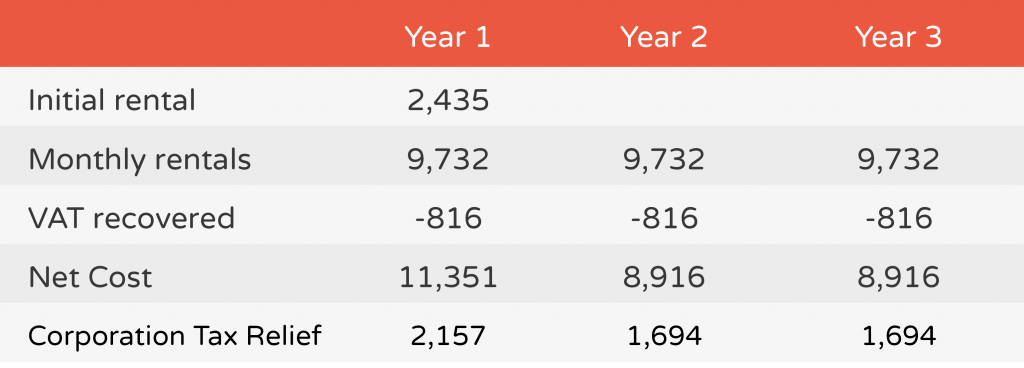Case Study: Clarity and Little Cunning Makes Cypher Right for AJ Fox
From its London base, AJ Fox Compliance is a unique recruitment firm in that its specific focus is on law firm risk and compliance recruitment.
Unlike other recruitment agencies that include this niche function as part of a wider portfolio, this is a specialism for AJ Fox, led by owner-director Adam Spencer, who provide this service to law firms building teams across the UK, APAC and the US.
Compared to more traditional legal functions, law firm risk and compliance is a relatively new but dynamic role with law firms building this support function in many different ways. It is one that qualified lawyer Adam understands very well.
Now in its second year of trading, Adam created the business with a vision to offer exceptional client support, often being prepared to offer service over and above what was contracted in order to provide a positive experience and a greater impact for clients.
As a start up in a competitive industry, Adam needed an accountant that would not only support his new venture, but also guide him and importantly be available when he needed them. Cypher was the obvious choice.
“Matt impressed me”, says Adam, “I liked his down to earth approach, the way he was embracing technology and the fixed cost monthly fee suited me, but overall it was his approach to client engagement. I didn’t understand how more traditional accountants created a mystical number for fees and you didn’t really know what you were going to get.”
Later, during the first lockdown, when the fledgling recruitment business could have suffered severely, Cypher created a ‘lifeboat service’ to engage with all clients to ensure they were ok, knew what support was on offer and that ultimately the team at Cypher were available.
Says Adam, “I have friends that are accountants, and those that use accountants to support their business, all of them were saying the same thing; their more traditional firms all felt that the videos, the WhatsApp groups and the continued support was too informal. For me it was just what was needed. I shared a lot of the content that Matt put out to help other businesses.”
This month is the deadline for self-assessed personal tax payments, just one area that Cypher helped Adam with.
“My partner and I wanted to buy a house, so Matt helped with our self-assessment, but his approach to offering other services was also refreshing. As a start-up, to preserve my cash flow he encouraged me to file my first VAT returns. It was a really beneficial and actually taught me a lot! I did a couple and now Cypher does them.”
“When I started I was a little green to business. But even now, Cypher is more than an accountant. If I have a business question, generally I go to Matt first. They are more of a business adviser. When we wanted to grow, he talked me through my risk appetite and introduced me to various funding sources.”
Since opening his doors in 2019, Adam has added two more specialist recruiters to the business and with the continued support of Cypher is looking forward to further growth, despite challenging business conditions.

“It’s the clarity of message, the transparency. You know what you are getting each month, and if you need something, you book a slot and you get the support you need”
If you would like us to help your business as we did AJ Fox, get in touch.





